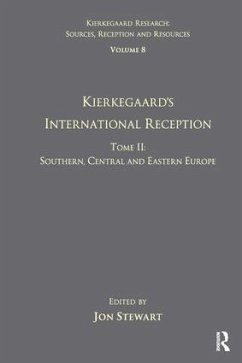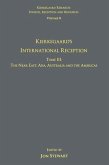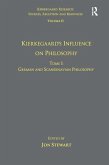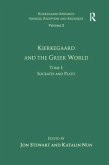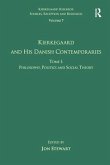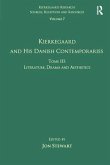Although Kierkegaard's reception was initially more or less limited to Scandinavia, it has for a long time now been a highly international affair. As his writings were translated into different languages his reputation spread, and he became read more and more by people increasingly distant from his native Denmark. While in Scandinavia, the attack on the Church in the last years of his life became something of a cause célèbre, later, many different aspects of his work became the object of serious scholarly investigation well beyond the original northern borders. As his reputation grew, he was co-opted by a number of different philosophical and religious movements in different contexts throughout the world. The three tomes of this volume attempt to record the history of this reception according to national and linguistic categories. Tome II covers the reception of Kierkegaard in Southern, Central and Eastern Europe. The first set of articles, under the rubric 'Southern Europe', covers Portugal, Spain and Italy. A number of common features were shared in these countries' reception of Kierkegaard, including a Catholic cultural context and a debt to the French reception. The next rubric covers the rather heterogeneous group of countries designated here as 'Central Europe': Hungary, the Czech Republic, Slovakia and Poland. These countries are loosely bound in a cultural sense by their former affiliation with the Habsburg Empire and in a religious sense by their shared Catholicism. Finally, the Orthodox countries of 'Eastern Europe' are represented with articles on Russia, Bulgaria, Serbia and Montenegro, Macedonia and Romania.
Hinweis: Dieser Artikel kann nur an eine deutsche Lieferadresse ausgeliefert werden.
Hinweis: Dieser Artikel kann nur an eine deutsche Lieferadresse ausgeliefert werden.

